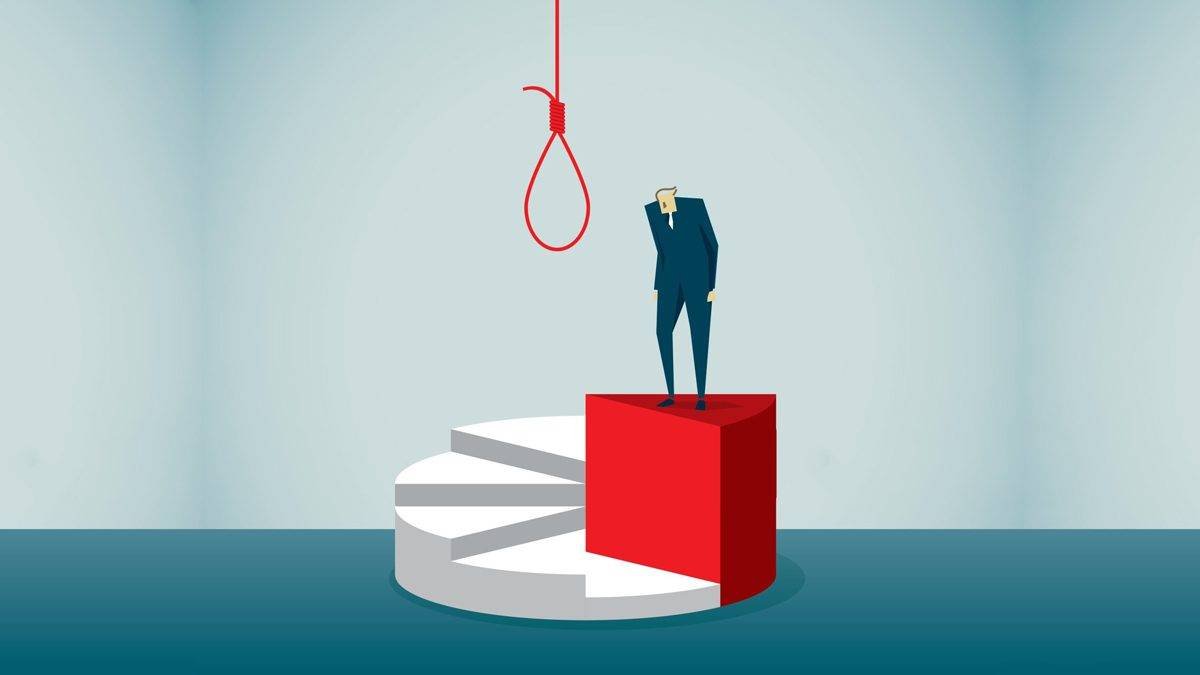Can You Be Self-destructive But Love Yourself Overall
If you polled a large group of people and asked them if they liked themselves, the great majority would tell you “yes.” But the truth, underneath such a response, is often different. Many people who like to believe that they like themselves simultaneously engage in behaviors that are physically self-destructive to their bodies. In such cases, can you truly like or love yourself – as everyone should – while also doing something harmful to your body?
Seth Meyers, Psy.D., is a licensed clinical psychologist, TV guest expert, author, and relationship expert. He appears regularly on television on “Nancy Grace” and has also appeared on “Dr. Drew,” “20/20,” “Good Morning America,” “The Doctors,” “Fox News,” Showbiz Tonight,” “Bill Cunningham,” “Jane Velez-Mitchell,” “The Early Show,” “Good Day L.A.,” “KTLA,” and others. He is the author of “Dr. Seth’s Love Prescription: Overcome Relationship Repetition Syndrome” and has been featured in “The New York Times,” “USA Today,” and “The Huffington Post.” His official website includes many media credits and television clips.
Editor: Nadeem Noor
Okay, let’s review some examples of common behavior men and women engage in that is harmful to their bodies: smoking (20% of Americans); overeating, and under-exercising to the point of obesity (too many to count); and excessive caffeine use, among others.
If we look at everyone in America who engages in some kind of physically self-destructive behavior, that percentage would rise to over 50% of the country. Does this mean that at least half of Americans don’t truly love themselves? Is the answer that black or white?
The verdict: Each individual is complex, and has different compartments that makeup who they are. For instance, Person A has a certain belief about her level of intelligence; a certain belief about how good or bad her body is; a certain belief about how nice of a person she is; and so on.
The goal for everyone is to integrate these different parts so that you feel the same way about each compartment and aren’t at war internally (“I’m smart but I can’t stand the fat of my stomach”). If you don’t feel exactly the same way about each, the goal is to accept that you are an overall package, reconciling that each part of you is inherently valuable simply because it’s among the many parts of you.
Going back to the original question, if you engage in some physically self-destructive behavior, I’m sorry to say that you don’t like or love yourself across the board. Though you may like yourself in some ways, you most definitely don’t love or even like your body. What’s the proof, you ask? When you engage in that physically self-destructive behavior (too much caffeine, too much food, etc.), you treat it like it’s a piece of trash.
To draw an analogy, it’s like inviting someone on a date, driving them miles away from home, and leaving them on the side of a dirt road in the dark. So, no, no matter what you might want to tell yourself or others, you don’t truly love yourself.
This issue – telling yourself that you love yourself while simultaneously hating your body – came up for me as someone (in a nice way) told me to think about my own smoking this past weekend. I must admit that it hit me hard to think that I could be in denial, but I also know that, of course, we are all works in progress. I am on Day 3 of trying to quit smoking. And no, I’m not at all irritable. (sigh)
At the end of the day, it’s a helpful lesson for all of us to take inventory of whether we engage in any physically self-destructive behaviors. If so, ask yourself if you want to remain among that group of people who don’t love themselves, or if you want to do your best to do something to change it.

